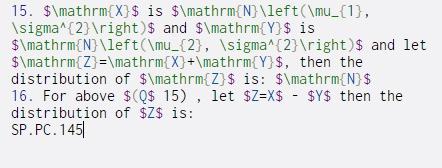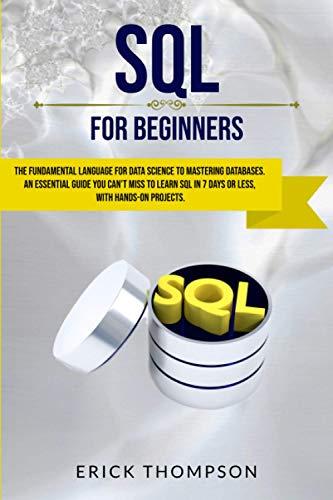Answered step by step
Verified Expert Solution
Question
1 Approved Answer
15. $mathrm{X}$ is $mathrm{N}left(mu_{1}, sigma^{2} ight) $ and $mathrm{Y}$ is $mathrm{N}left(mu_{2}, sigma^{2} ight)$ and let $mathrm{Z}=mathrm{X}+mathrm{Y}$, then the distribution of $mathrm{Z}$ is: $mathrm{N}$ 16. For

Step by Step Solution
There are 3 Steps involved in it
Step: 1

Get Instant Access to Expert-Tailored Solutions
See step-by-step solutions with expert insights and AI powered tools for academic success
Step: 2

Step: 3

Ace Your Homework with AI
Get the answers you need in no time with our AI-driven, step-by-step assistance
Get Started


